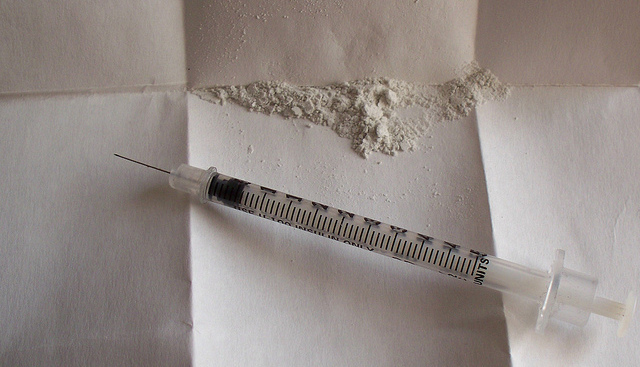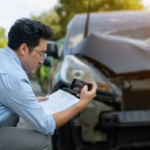Article by Daniel A. Levy, Esq.
When I meet with a client about a criminal case, many times the client is accused of possessing drugs (more officially known as a controlled dangerous substance) in their vehicle. And in many of those cases, the alleged drugs that were found are not necessarily in the possession of the driver. They might be in a passenger’s pocket, in a backpack that a passenger has in the back seat, or someplace similar. The drugs may have even been in a passenger’s pocket to begin with, but then the passenger threw them on the floor once police showed up. Or the driver may have borrowed someone else’s car, and unbeknownst to them drugs were left in the glove compartment. In any event, these things are common occurrences when drugs are found during a traffic stop. And in all of those cases the driver asks me if they can be convicted even though they didn’t have the drugs in their personal possession.
As with most crimes, you cannot accidentally commit a crime of possessing drugs or any other prohibited substance. In the vernacular, people think that “possession” simply means to have something either in your pocket, your bag, your house, etc. Therefore, many people wrongly assume that you cannot possess drugs if they are not your. And on the other side of the coin, people wrongly assume that you are automatically guilty of possessing drugs if drugs are found in your car.
Possession, in the criminal code, means something very specific: “Possession is an act, within the meaning of this section, if the possessor knowingly procured or received the thing possessed or was aware of his control thereof for a sufficient period to have been able to terminate his possession.” N.J.S.A. 2C:2-1(c). Under the law, you are not automatically guilty just because drugs happen to be in a car that you are driving. And you are not automatically innocent just because a passenger owns the drugs.
To get a conviction, the state would need to prove that the substance was in your custody or control, that you knew about it, and that you didn’t have time to get rid of it. If drugs are in your pocket, it’s easy to prove. If they are sitting in your cup holder in plain sight, guilt is also easy to prove. But there are many situations where the state could not prove that the driver knowing possessed the substance. If the drugs are in a passenger’s pocket, proof of guilt would require proof that the driver knew about it and had control over it. And even in a situation where a passenger spontaneously threw the drugs on the floor of the car when police showed up, the driver could easily be off the hook because the driver wouldn’t have had time at that point to get rid of the drugs.
Of course, there is always the old saying, “you can beat the rap but you can’t beat the ride.” This saying especially holds true in cases like this. Police routinely arrest drivers even when it would be nearly impossible to prove that the driver knowingly had possession of the drugs. That is why people who are arrested in those situations should quickly contact an attorney who can protect their rights and raise proper defenses.



